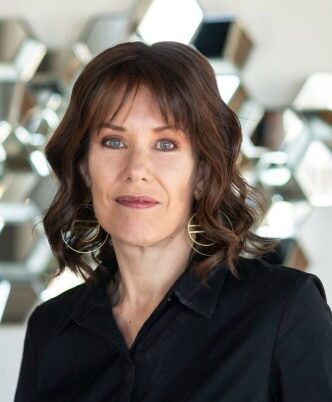Like many students across the country, 16-year-old Ayden von West has high hopes for his education and career once he graduates from high school. “I want to get into engineering,” he says. “I’m probably going to go to college for aerodynamics or aerospace engineering because I want to get more into the engineering and flight design of drones.”
Statistically, however, von West faces a more difficult path than most do when it comes to achieving his dream. That’s because von West is autistic.
Students with autism spectrum disorder (ASD) face tough odds after high school: According to a study published in the medical journal Pediatrics in 2012, only 35 percent of 18-year-olds with ASD go to college, and of those who graduate, only 15 percent are employed. More recent studies have similar findings: Only 36 percent of young adults on the spectrum attempt postsecondary education, including two- and four-year colleges or vocational schooling. Of those who do, only 38.8 percent will complete their degree. This means that only about 14 percent of students with autism go on to graduate from college.
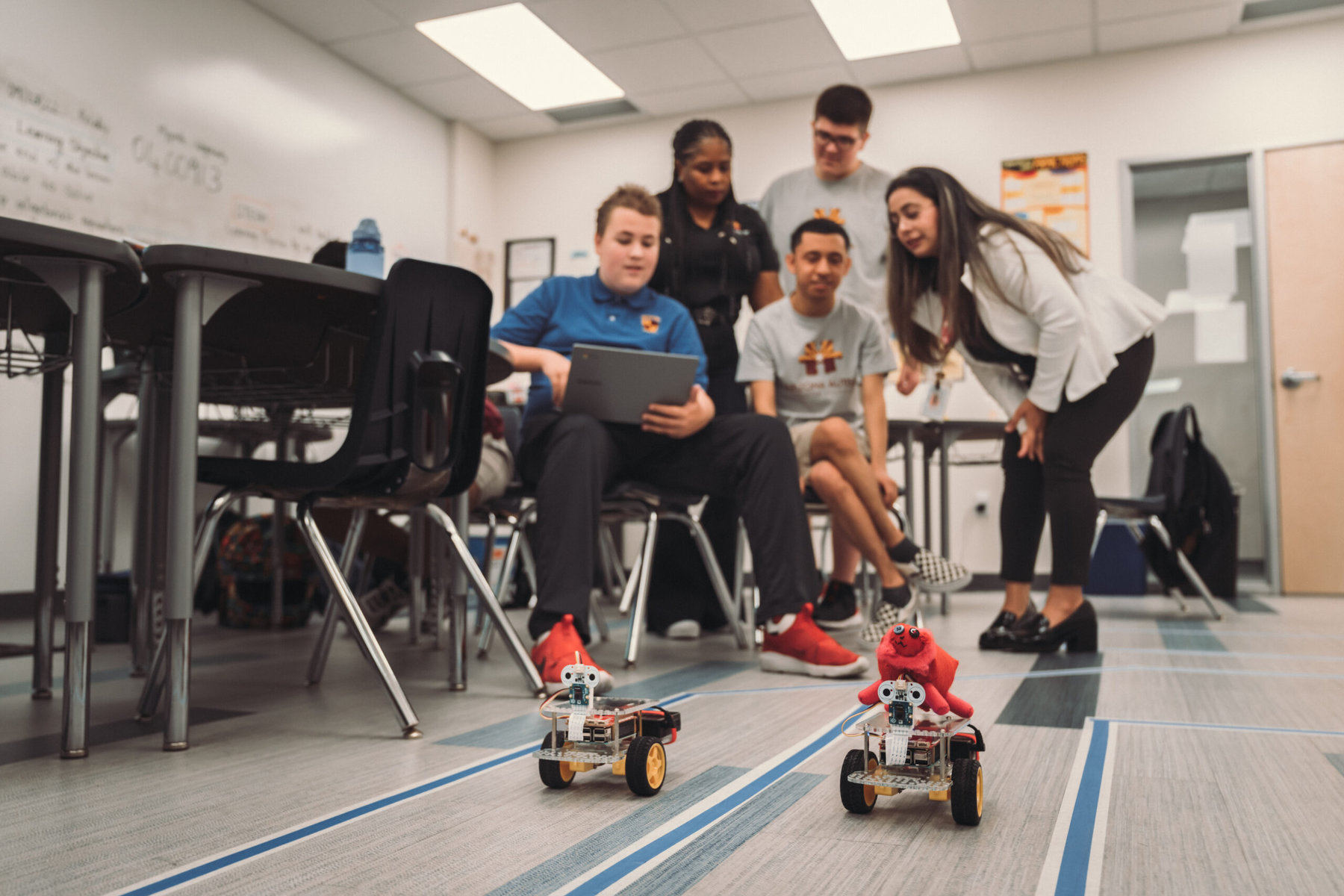
In many cases, what stands in the way is not the youths’ intellectual faculties or physical capabilities but instead the lack of specialized education and transitional support services.
In Phoenix, Arizona, one woman — and one school — is seeking to change that.
Diana Diaz-Harrison is the founder of Arizona Autism Charter School (AZACS), the first and only autism-focused charter network in the Southwest.
A former teacher, Diaz-Harrison was working in broadcasting and Spanish-language media when her son, Sammy, was diagnosed with autism at age two. Finding it difficult to access quality public education or affordable private schooling as he got older, she immersed herself in his care and the educational best practices for the disorder.
“I did pay for private school for a couple of years, but that was not sustainable,” she recalls. “I learned that there were autism charters in other states, and I thought, ‘You know, somebody here in Arizona should start a tuition-free autism charter school in the state.’ After a lot of knocking on doors, I realized that that person had to be me.”
In 2014, Diaz-Harrison established the first AZACS campus for kindergarten through fifth grade. In its first year, the school served 90 students. Today, AZACS has expanded to almost 900 students across four campuses in greater Phoenix, including a high school and a fully accredited online component. And, in fall 2023, it opened a campus for grades six through twelve in Tucson.
Weighed down by negative news?
Our smart, bright, weekly newsletter is the uplift you’ve been looking for.With an average student-to-faculty ratio of three to one, AZACS is set up to help students master the foundations in reading, math and science and help them develop behavior and social skills that will benefit them long after they leave the classroom. Learning modules based on Woz ED, an individualized STEM curriculum designed by Apple co-founder Steve Wozniak, teach both academic and social skills. Students can also participate in sports, fine arts, dance, gardening — they can even take care of the school’s two desert tortoises.
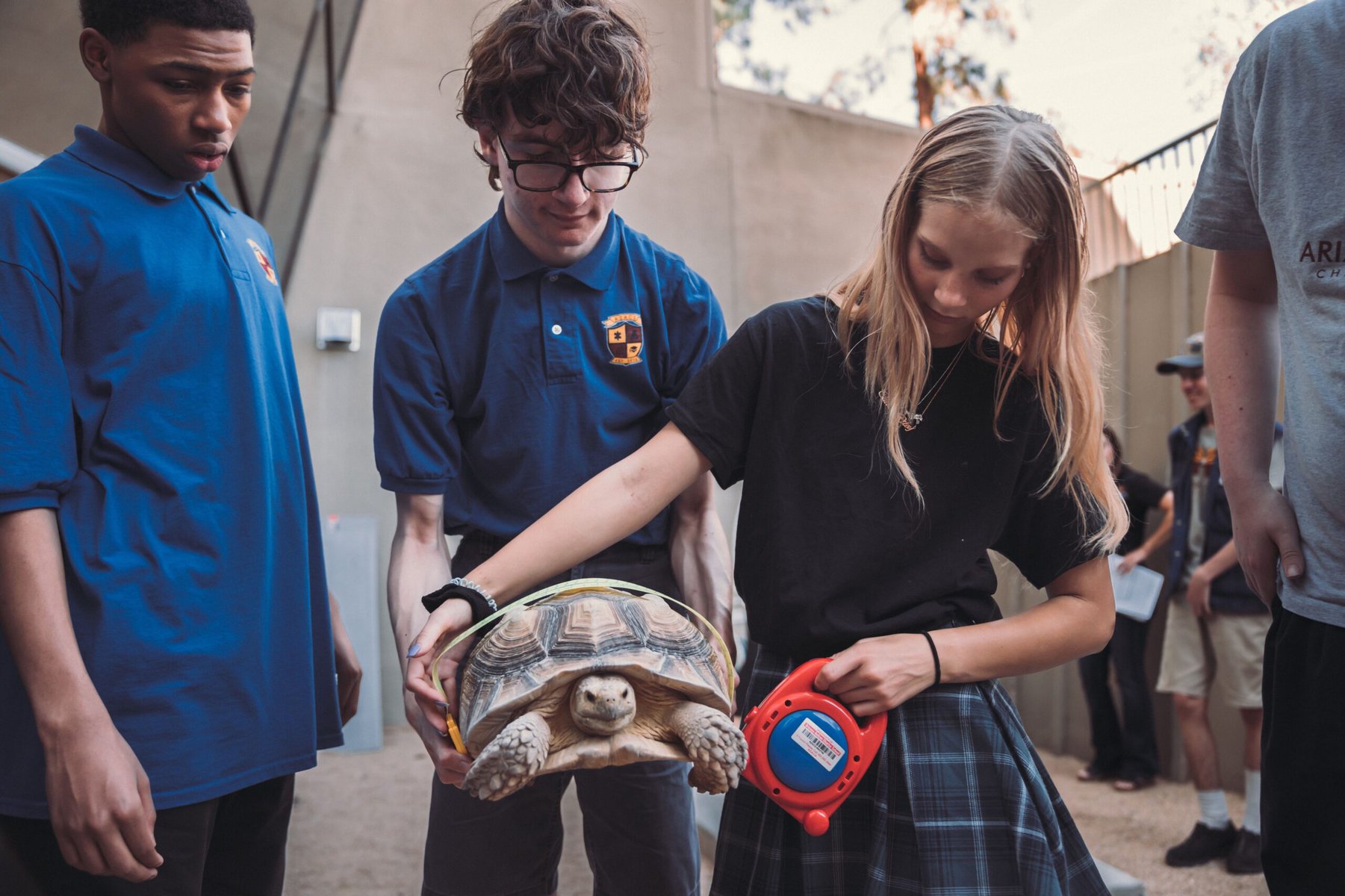
Nisha Sharma has been teaching middle school math at AZACS for three years. “AZACS takes a much more rounded approach to the education of our students,” she says. “I’ve worked in schools where they were very much targeting just ELA (English language arts) and math. We use a lot of hands-on tools, and we have smaller class sizes, which allows more one-on-one contact with our students and allows us to better prepare them for all those different fields.”
An elective culinary program offers high school students the opportunity to work in a professional commercial kitchen. Upon completion of the course, the students can receive their food handler’s certification, which helps to qualify them for jobs in the restaurant industry. The school also operates a student-run coffee shop, Puzzle Press, that provides drinks to the teachers and other staff members.
“Kids make the coffee. They learn measurements, payment, money skills,” Diaz-Harrison explains as she sips from a to-go coffee cup, the label of which showcases a puzzle piece logo. “Autism is a spectrum. There are some kids who are very intellectually impacted like my son. Yet he can be productive. He helped make this coffee. He made the label. People who don’t have expertise in the neurodiverse, or autism, might look at Sammy and think, ‘Just keep him busy; make sure he doesn’t get in trouble.’ But he can do better than that. Every human needs a certain level of feeling productive, having a reason to get up in the morning.”
School initiatives like Puzzle Press are aimed at improving employment prospects for individuals with ASD — prospects that are statistically as dismal as those for higher education. A 2015 Drexel University report found that “only 58 percent of young adults on the spectrum worked for pay outside the home between high school and their early 20s.” Those who do work often hold low-skill, low-paying jobs.
To date, AZACS has produced two small graduating classes: four students and six students, respectively. “We just had our first kiddo who went on to a four-year college, to Grand Canyon University. He’s in a special program there, but he’s doing well,” Diaz-Harrison notes with pride. Other graduates have gone on to attend Scottsdale Community College or join the workforce. One entered his family’s auto mechanic business.
“We’ve come a long way in providing education, but there’s a lot of work to be done regarding what happens post-school,” Diaz-Harrison explains. “It’s amazing that some of our kids can go to college or other career paths and have that intellectual ability. They just need help with executive functioning and social skills, but they can be trained on that and be wonderful. That’s why we’re taking matters into our own hands and building something that’s a good bridge between when they age out and we technically can’t serve them as a school.”
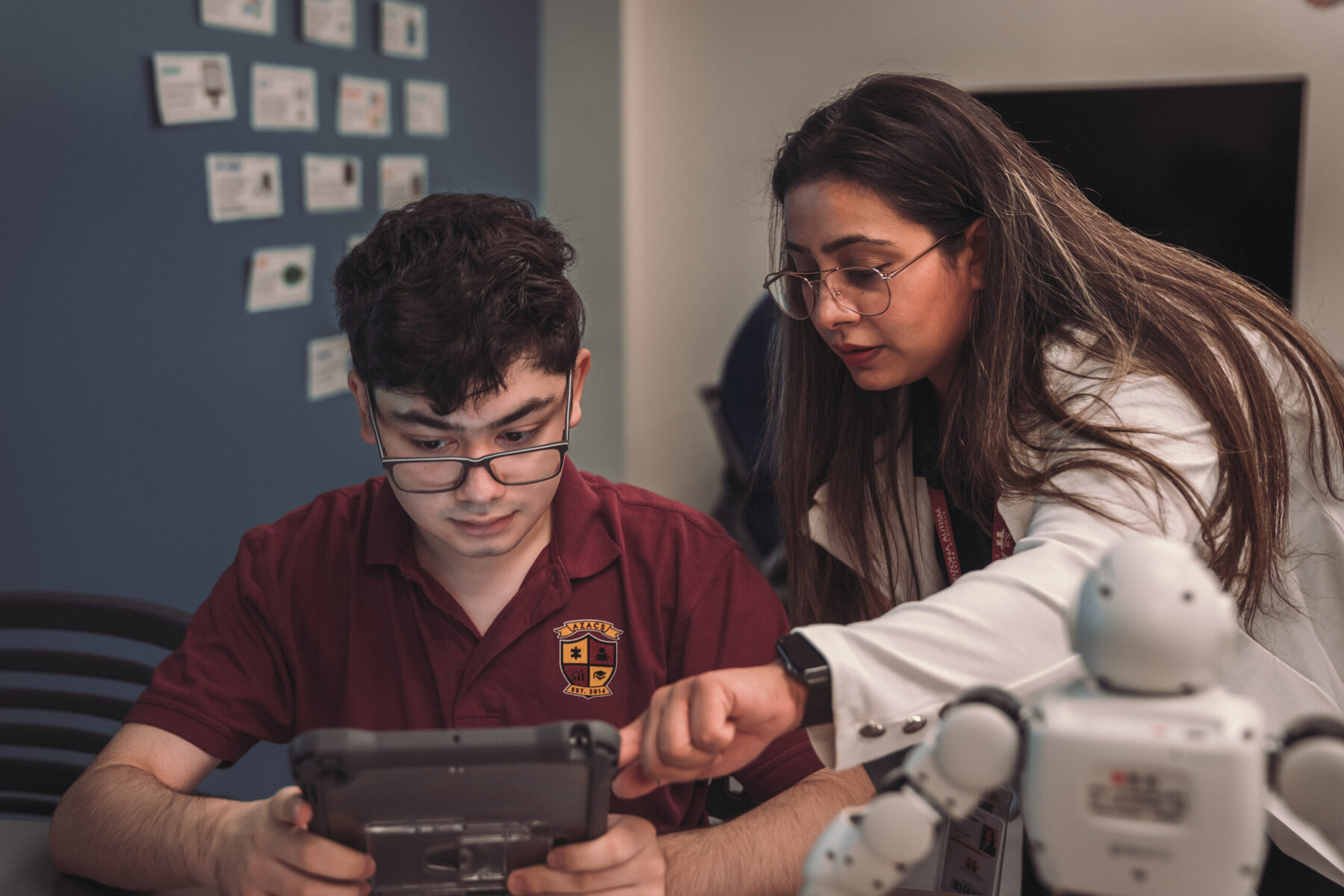
In Arizona, charter and public schools can only serve students in grades K through 12. However, students with special needs can remain in school until they turn 22. AZACS’ culinary program and coffee shop are part of the school’s Post-Secondary Innovation and Entrepreneurial Career Education (PIECE) Academy, which provides career and vocational training for students ages 18 to 22. It includes a specialty STEAM lab where students such as von West learn how to do things like design, 3-D print and fly drones — and at the end of the module are eligible for an FAA drone license. A vocational lab and internships with local businesses also are part of the academy and help make students work-ready.
And recently, AZACS was awarded a new state contract that allows it to offer supported employment for young adults past age 22.
“That’s a very vulnerable time for [young people], because for those who are not necessarily eligible to go to college or need supported employment, there’s not much for them to do after 22,” Diaz-Harrison says. “Our students who age out or graduate can flow into this if it’s a good fit for them.”
To that end, in 2023, AZACS purchased the building that houses its administrative offices. On the ground floor of the structure, which is adjacent to the school’s main campus in midtown Phoenix, it will open four businesses that will serve the public: a shipping and receiving depot, similar to a UPS store; a community-facing branch of Puzzle Press; a retail shop that will produce and sell branded items, such as shirts and jackets; and a coding and gaming design studio called Game Changer Studio. Students and graduates will operate the businesses.
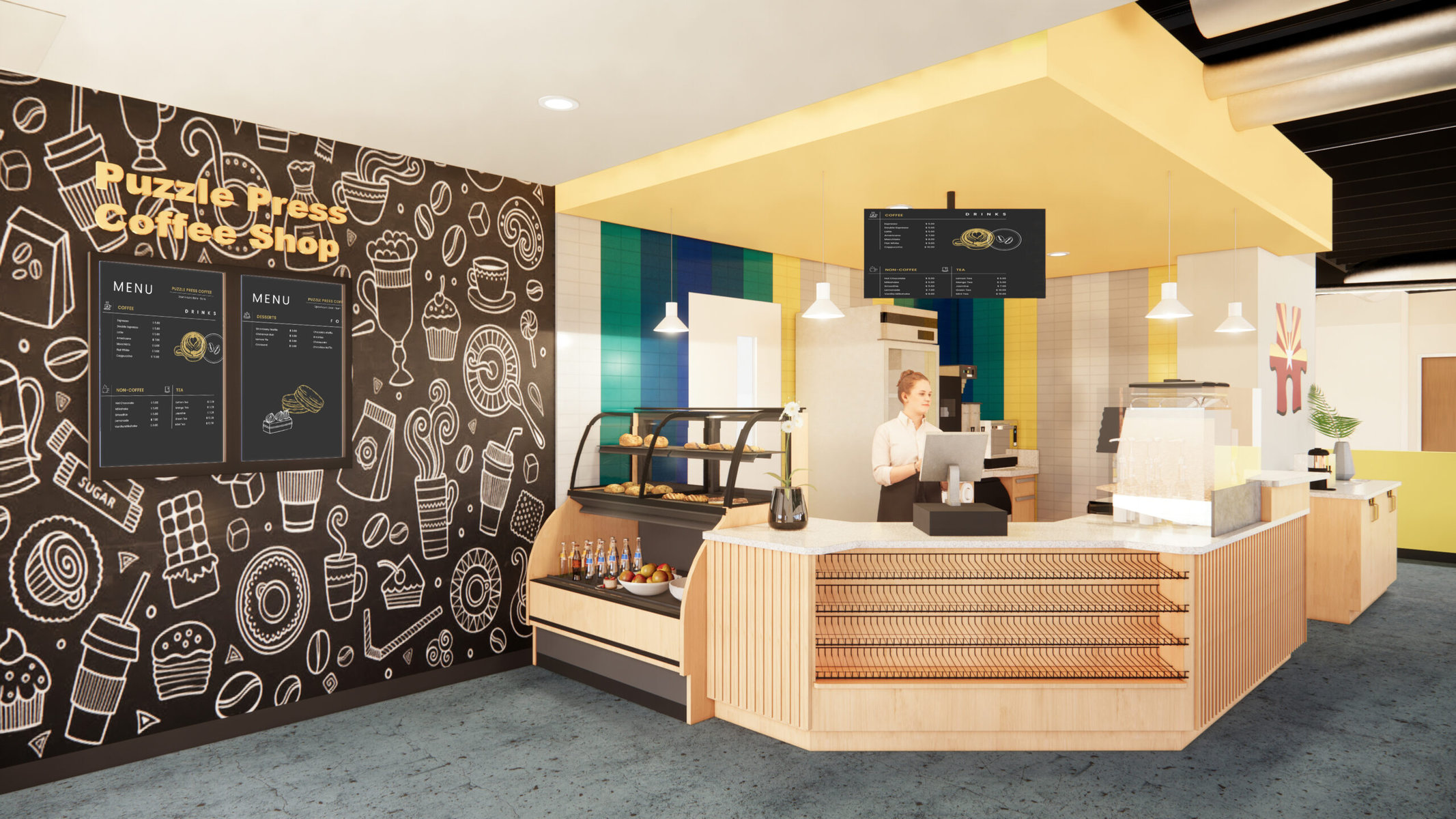
“A lot of times as teachers, we hear the questions, ‘Why does this matter? Why do I need to know this?’” says middle school science teacher Tyler Sherrill, who has been with AZACS for four years. “These businesses will let us say, ‘Here are four opportunities where you can use these skills.’ They will allow the kids to branch out and see where they want to go — do they want to be in the back of a company, such as with our T-shirt-making business, or do they want to be up front dealing with customers at our Puzzle Press coffee shop? Maybe they want to go into web design or the more technological aspects of the career paths, and here they get that option before venturing out into the real world where even we, as neurotypical people, struggle with the day to day.”
According to Diaz-Harrison, the businesses, complete with a ribbon-cutting ceremony, will open on June 15 — Sammy’s 22nd birthday.
“Part of my goal is changing the narrative and showing the world what students with autism can do and flipping that narrative,” Diaz-Harrison says. “Yes, the challenges are real, but these guys with the right support can overcome them and do amazing things.”






